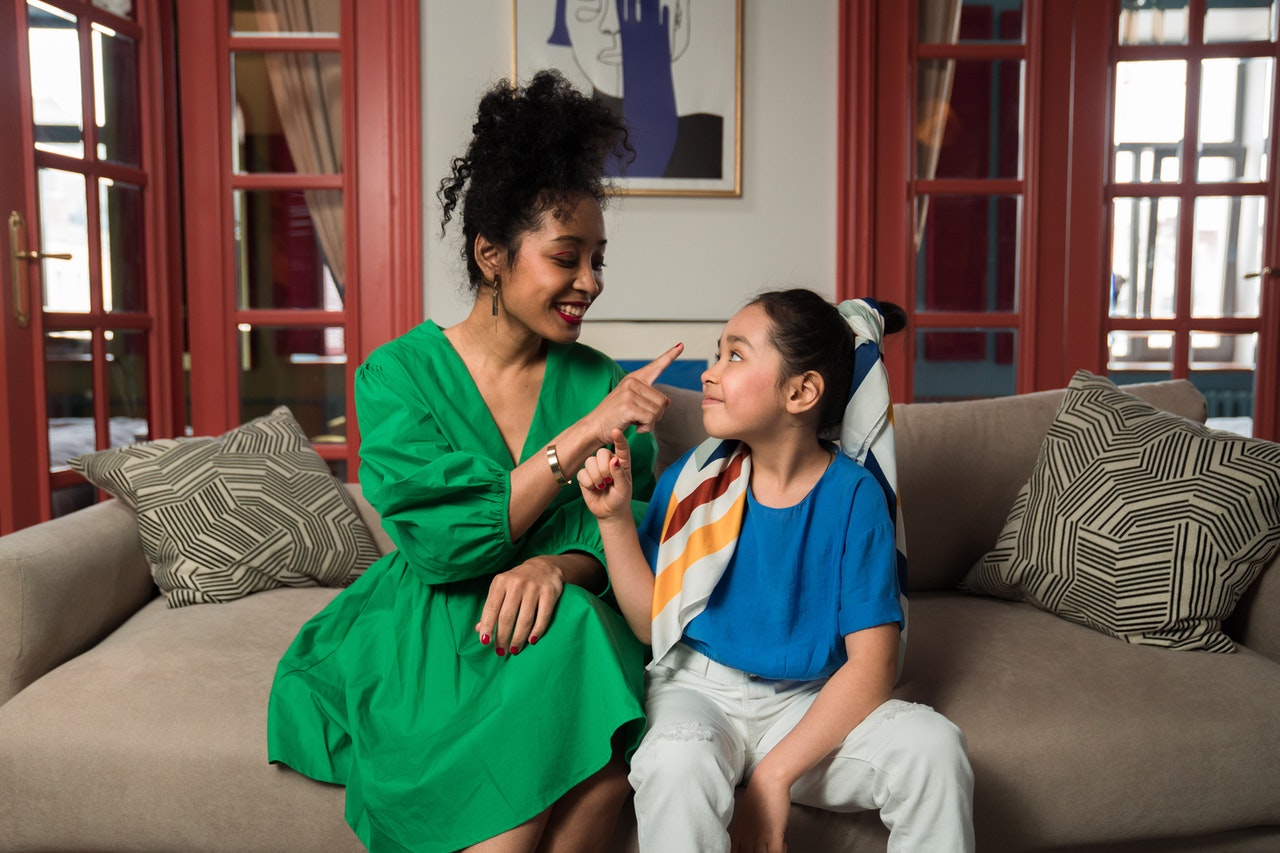Let’s get straight to the point, happiness is only real when shared. It’s a quote from Christopher McCandless and it’s as ageless as time. Let’s dig a little deeper and explore why happiness needs to be shared to be enjoyed.
The world seems to unchill at times, but we still need to keep a cool head. We seem to be coming together – as one – even as the disorders seem to be louder than ever. While human beings have known about forces for centuries, it is only increasingly becoming clear that our sensibility is practicing these forces.
Being sensible demands you open your heart and mind to others. This implies how you trust others to open up to you. When we trust others to open up to us, we realize how frail we are as well. It’s important to remember that men can always do more to help one another out.
Tale of Jini & Happiness is Only Real When Shared
A small house by the lake is where she lives with her mother. Although Jini’s family is not wealthy, her mother has always advised her to be grateful for everything she has in her life. Her mother says “Happiness only comes when it’s shared,” despite the fact that she cannot quite comprehend what that means, Jini nods and promises to remember her mother’s words forever.
Like most of her neighborhood’s kids, Jini does not go to school. As she helps her mother with dishes from one house to another in the morning, she is exhausted. However, she does not complain. As a kid, she sometimes wonders what it’s like to be other kids who can go to school freely whenever they want, eat three meals a day without worrying about tomorrow or play with toys she always imagined. She wipes those thoughts away when she looks at her mother since she knows how much her mother sacrifices for her every day so she can live.
After Jini and her mother called it a day, sometimes they would visit a stall and her mother would buy a piece of bread that they could share. Jini knew how much her mother loved bread. During that particular day, she didn’t eat a lot of bread. She notices that she is saving a little of the bread, but she does not question her mother about it. Jini’s mother takes her hand on the way back home because she wants to hum along to a song with her.
As her mother walks through a large cardboard box just around the corner from their house, Jini hears her mother signal for her to wait. Her curiosity about her mother’s actions prompts Jini to follow them quietly. ‘Wow, this isn’t just a box of cardboard…’” Jini notices there is a pile of clothes on the floor. “Does anyone…live here?” She stood there, thinking about it for a moment.
She then saw her mother. An old woman was chatting with her. Upon sitting on the ground, the lady was using a small firepit to cook something from a pot. She watched her mother give the old lady a little bit of bread as she sat beside the old lady. Jini ate it with gusto. She smiled the most beautiful smile Jini had ever seen. Upon saying goodbye to her mother, the old lady hugs her mother and sheds a happy tear. Her mother then returns to Jini.
Seeing the touching scene, Jini finally grasps the concept of “happiness is only real when shared” entails. Seeing how happy a person is can make others happy, Jini realizes. The smallest gestures mean so much. Jini understands her mother didn’t have a lot of money to spend on herself, but her happiness comes from helping others. She vows to herself that one day she will make everyone around her happy, but specifically her mother.
As soon as Jini and her mom reach home, she goes straight to Mr. Pong, her little piggy bank. Her money is well protected by Mr. Pong. “Mr. Pong, I would like to borrow some money..” Jini said, counting every cent on her fingers. “Enough for me,” she scrambles back to the stall and buys three loafs of bread. When she gets home, she put the bread in the cabinet.
In the morning, her mother is surprised to discover three pieces of bread neatly stacked in the cupboard. “Jini!” her mom bellows. The brightest smile appears on Jini’s mother’s face when she goes to see her. She looks at her for a while. “Have you done anything?” her mother asks. “No, mom. You do,” replies Jini.” Thank you! Mama,” she says as she embraces her mother.
Instantly, the door is knocked. The knocker is an elderly woman. The women brings some hot tea for them. It’s the first time in their lives that they feel so glad. They invite her to breakfast with them. The two of them are enjoying a most delicious breakfast, blissfully happy.
Anyway, isn’t true happiness only found in sharing?

